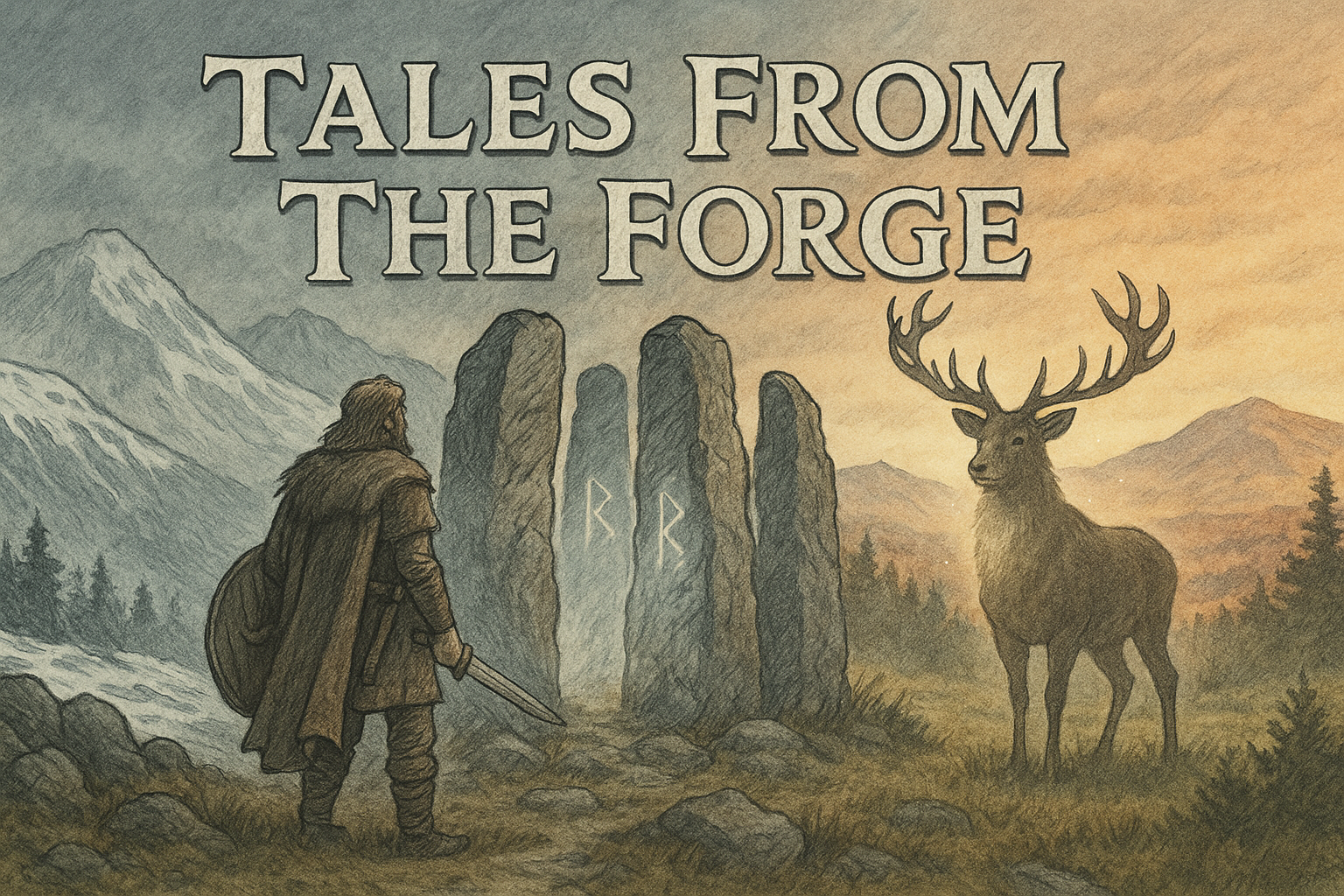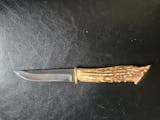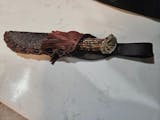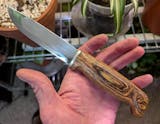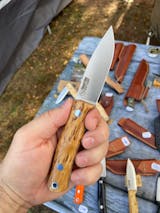Why a Viking Would Leave Raiding for Wilderness Survival
The wind carried salt from the fjord and the dark smoke of the longhouse fires. Ragnar stood where the forest met the clearing, axe resting on one shoulder, the last red fingers of sunlight clinging to the horizon. The raid was done. The longships were heavy with silver and mead, the younger men drunk on victory. They sang behind him, loud and joy-drunk.
But Ragnar stood in silence.
He was thirty-three winters old. His hands were thick with callus, his forearms ringed in old scars. His beard had grown flecked with ash and streaks of lighter hair, more from war than age. He was no longer the youngest in the shield wall, nor yet one of the old. His name had weight in the hall. His axe had sung its share of battle-songs. He had bathed in the blood of monks and kings.
And yet, something in him had shifted.
There was a time when firelight and feasting warmed him, when gold was proof of glory and the clash of steel a call to life. But that was long ago. Now the taste of mead turned bitter, the boasting of warriors like crows squabbling over bones. The thrill of conquest had faded into something dull, like an old blade losing its edge.
He longed for silence.
Ragnar remembered his boyhood, the days before the raids, before he was chosen by the godi to bear steel. He had run barefoot beneath pines, learned to read the tracks of elk and fox, carved his first spoon with a dull blade under his grandfather’s watch. His mother had sung songs of the land spirits and taught him to wait for the forest to speak before moving through it.
He had always been drawn to the still places. The deep glens where snow lay untouched, the narrow streams lined with flat stones and cold water. In those places, he did not feel the gnawing hunger for conquest. There was clarity in hardship, peace in skill.
The gods of his people were many, loud, and full of want. They demanded blood, and his clan gave it freely. Every spring, sacrifices were made: goats, bulls, even slaves. The godi read omens in the smoke, in the entrails, in the dreams of warriors. And Ragnar had once believed, as they did, that his axe was a gift from Odin.
But now, in the quiet of his thoughts, he found himself drawn less to Odin the war god and more to the old tales of Vidar, the silent one, who walked the edge of the world and spoke only to the trees. He wondered if the gods themselves tired of the noise.
So he had started slipping away. When the longships returned, he lingered behind to hunt. He learned to start fire in the rain, to dress game in the dark. He slept beneath trees, wrapped in a fur cloak, sharpening his blades by moonlight.
He did not speak of it.
Among his people, a man was what he proved. And proof came from plunder, not patience. So he kept his stillness hidden, carried it like a second blade.
In time, he shaped a pack from waxed leather. It carried only what mattered: a long seax with a simple carved bone handle, a belt knife with a convex edge, and a small axe sharp enough for shaping wood and splitting bone. Flint for fire, a sliver of whale bone filled with dry moss, a strip of waxed cloth for binding cuts. Tools, not trophies.
One afternoon, when the air was heavy with the coming of rain, Ragnar wandered far from the fjord into the heart of the forest. He followed a deer trail where the trees grew tall and close, their bark dark with old age. The moss thickened beneath his feet, muffling each step. Birds quieted as he passed.
He crossed a stream whose waters ran copper with fallen leaves. There, beyond the far bank, he saw them.
A ring of stones.
Shoulder-high, half-sunken in moss and time. They stood in a perfect circle, worn but deliberate. The sight of them stirred something beneath his ribs—an echo of stories told by the hearthfire, of ancient paths and old magic. He stepped closer.
The light caught the surface of one stone. He brushed away the moss. Beneath it, runes shimmered like frost beneath moonlight. They moved. Not carved. Not painted. Alive.
He did not speak. He placed his hand flat against the stone.
It glowed.
The runes lit one by one, blue and pale, like fire beneath ice. They rippled outward, touching each stone in turn until the whole circle pulsed with quiet power. The air changed. It thickened, hummed. The trees beyond wavered, like seen through water.
Then came the stag.
It stepped from the shadows with the silence of old things. Its coat was pale as ash wood, its antlers wide as branches. It met Ragnar’s eyes. There was no fear in it, no challenge. Only watching. Waiting.
He turned to follow it.
But when he looked back—the world had shifted.
Gone was the dark forest and the call of seabirds. Gone were the stones. He stood in open land, grass dry and tall around his boots. The trees were strange here, broad-leafed and towering. The air smelled of dust and sun. The wind moved differently.
He turned in a slow circle.
The ring of stones was behind him, their glow now dim and fading. The stag was gone. A bird circled overhead, its cry sharp and unfamiliar. Before him stretched a wide land, the shapes of distant mountains breaking the horizon.
The sun stood higher, though its strength waned. Late summer, he guessed. A season he knew, in a land he didn’t.
Ragnar reached back and tightened the straps of his pack. The weight was familiar. He felt no fear—only the clarity he had chased since his first steps into the woods. Whatever this place, whatever gods had brought him here, he would not bow.
He had his blades. He had his wits. And he had time.
He stepped forward, into the unknown.

